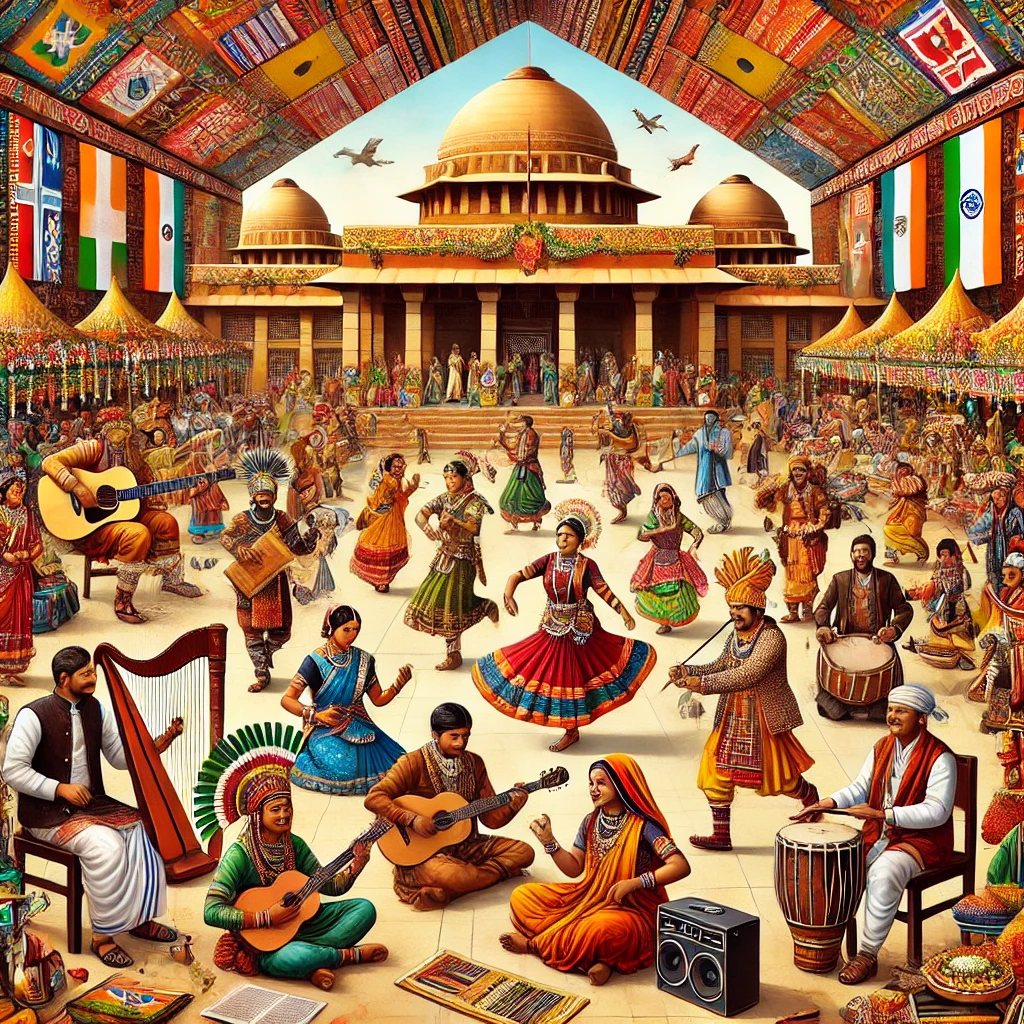Manmohan Singh: The Architect of Modern India’s Economic Reform
Manmohan Singh, a name synonymous with India’s economic liberalization, is a distinguished economist, academic, and politician. Serving as India’s Prime Minister from 2004 to 2014, his tenure and contributions shaped modern India in many ways. Let us delve into the life, achievements, and legacy of this remarkable leader.
Early Life and Education
Born on September 26, 1932, in Gah, Punjab (now in Pakistan), Manmohan Singh’s journey from a small village to global prominence is awe-inspiring. He passed away on 26 December 2024 at the age of 92. After partition in 1947, his family migrated to India. Despite the upheaval, Singh excelled in academics.
He pursued his undergraduate and master’s degrees in Economics from Panjab University and later attended the University of Cambridge for further studies. Singh earned a DPhil in Economics from the University of Oxford, cementing his status as a brilliant economist.
Professional Career Before Politics
Manmohan Singh’s career began in academia as a lecturer in economics. His scholarly work gained recognition, leading to various roles in international organizations like the United Nations Conference on Trade and Development (UNCTAD). Singh also served as an advisor to the Indian government in various capacities, including Chief Economic Advisor, Governor of the Reserve Bank of India, and Deputy Chairman of the Planning Commission.
The Economic Reformer: 1991 Liberalization
Manmohan Singh is best remembered for his pivotal role as Finance Minister in the P. V. Narasimha Rao government (1991-1996). India faced a severe economic crisis in 1991, with a near-depletion of foreign reserves. Singh spearheaded the economic reforms that liberalized the Indian economy.
Key measures under his leadership included:
- Reduction of Import Tariffs: Encouraged foreign investment and competition.
- Privatization: Opened up sectors previously dominated by public enterprises.
- Currency Devaluation: Enhanced export competitiveness.
- Financial Sector Reforms: Strengthened banking and capital markets.
These reforms transformed India into one of the fastest-growing economies, opening doors to globalization and innovation.
Prime Ministerial Tenure (2004-2014)
Manmohan Singh’s two terms as Prime Minister were marked by economic growth, social schemes, and global recognition. Some key highlights of his tenure include:
- Economic Growth: During his leadership, India experienced an average GDP growth rate of around 8%, making it one of the fastest-growing economies globally.
- Social Welfare Programs:
- The Mahatma Gandhi National Rural Employment Guarantee Act (MGNREGA) provided employment to millions of rural households.
- The Right to Education Act ensured free and compulsory education for children aged 6 to 14.
- Nuclear Deal with the US: Singh’s government negotiated the landmark Indo-US Civil Nuclear Agreement, strengthening India’s energy security and global partnerships.
Fascinating Facts About Manmohan Singh
- Manmohan Singh was the first Sikh to hold the office of Prime Minister in India.
- He is considered the “father of India’s economic reforms” due to his pivotal role in liberalization.
- Singh’s academic excellence is globally recognized, and he has received honorary degrees from several prestigious institutions.
- Despite being a politician, Singh maintained a low-profile and was often referred to as the “reluctant politician.”
- He played a key role in the creation of the Goods and Services Tax (GST) framework.
- Manmohan Singh was known for his humility, often attributing success to collective efforts rather than individual achievements.
- He is fluent in several languages, including Punjabi, Urdu, Hindi, and English.
- Singh’s personal integrity and honesty earned him immense respect across political and social circles.
- He had a major role in strengthening India’s relations with neighboring countries and global powers.
- Singh was awarded the Padma Vibhushan, India’s second-highest civilian award, in 1987.
Challenges and Criticisms
Despite his many achievements, Singh’s tenure was not without challenges. His government faced criticism for policy paralysis in its second term and high-profile corruption scandals such as the 2G spectrum allocation and the coal allocation scam. Singh’s reticent personality often led to questions about his authority within his government.
Legacy and Impact
Manmohan Singh’s legacy as an economist and statesman is enduring. His role in shaping India’s modern economy and his unwavering commitment to democratic values make him one of the most respected leaders in Indian history. Despite criticisms, his contributions to India’s growth story are undeniable.
Promoting Excellence in Education
For those aspiring to achieve academic success, platforms like SR Study offer invaluable resources. Recognized as the best test series platform, SR Study’s Test Series provides tailored preparation materials to help students excel.
Conclusion
Manmohan Singh’s life is a testament to how dedication, intellect, and vision can transform a nation. As India continues to rise on the global stage, Singh’s contributions remain a cornerstone of its journey. His story inspires generations to strive for excellence, guided by integrity and humility.



